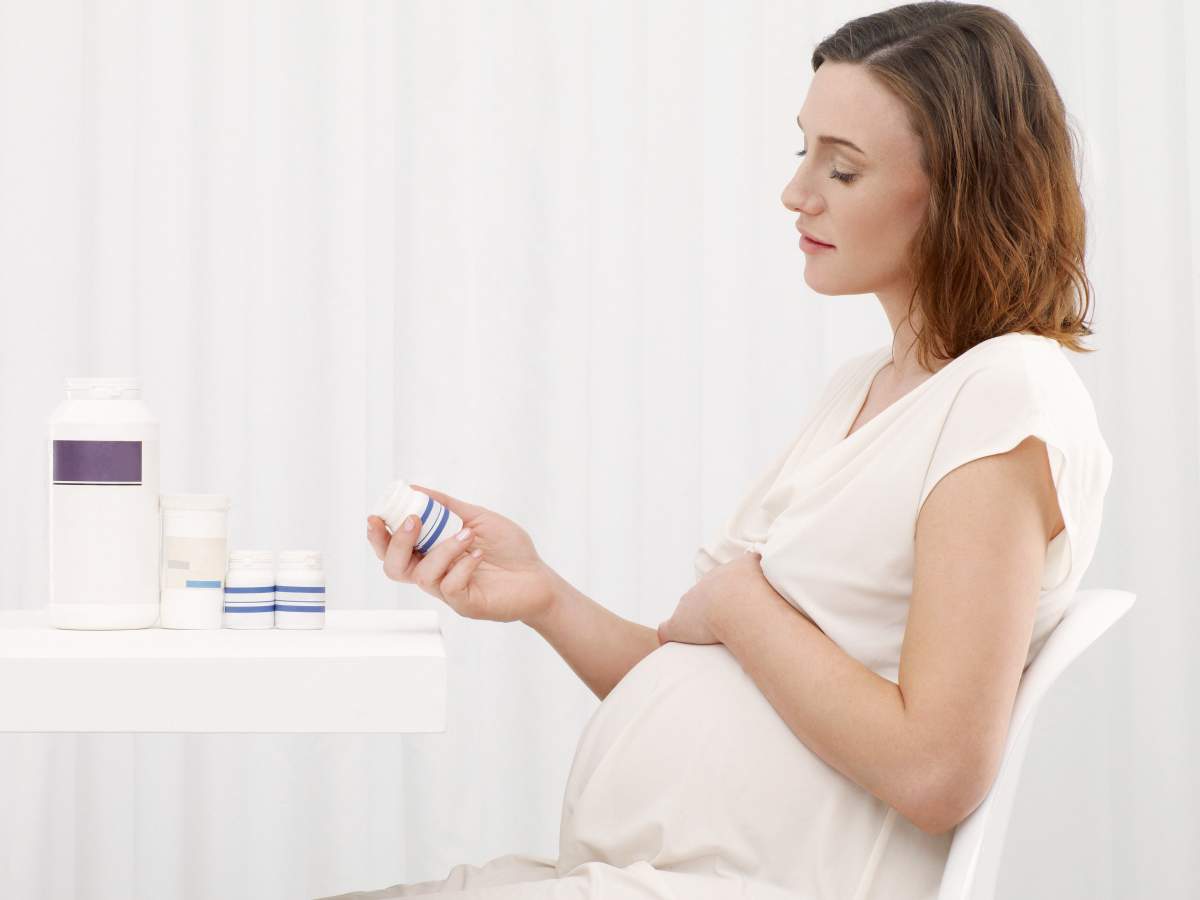A new study has found that children of mothers who took multivitamins in the early stages of their pregnancy were nearly half as likely to develop autism versus women who didn’t take them.

Published in the British Medical Journal, researchers from hospitals and universities in Philadelphia, Stockholm and Bristol reviewed data from 273,107 mothers and their kids in Stockholm. The children were born between 1996 and 2007.
WATCH BELOW: Social ABCs helping parents to coach their children with autism

The study states that since research indicates that autism develops in pregnancy, maternal nutrition plays a part in neurodevelopment and could influence the risk of autism. However, the researchers are quick to point out that although there is an association, more studies are needed to provide a causal link.
In addition to multivitamins, the study also measured for iron and folic acid supplements, although taken alone, the latter two did not show a correlation.
READ MORE: Here’s how much genetics plays a role in autism

Get weekly health news
“Women who only used multivitamins without additional iron and folic acid had similar findings. However, we cannot rule out potential contributions because there is folic acid and iron in multi- and prenatal vitamins,” she says.
According to Health Canada, pregnant women should take a daily multivitamin with 0.4 mg of folic acid and 16 to 20 mg of iron, and the guidelines advise women to take the supplement for three months prior to getting pregnant and throughout pregnancy.
Further nutritional guidelines include consuming at least one dark green and one orange vegetable per day, and at least 150 g of cooked fish per week.








Comments